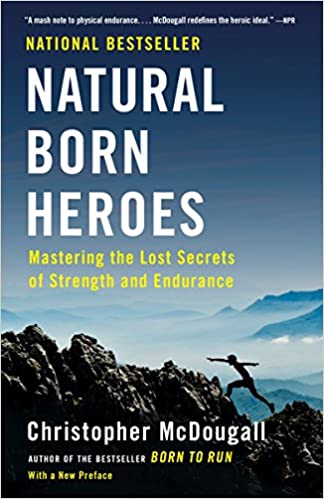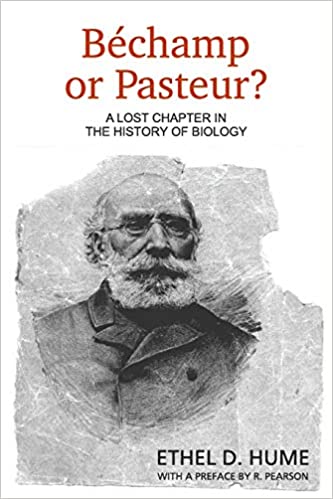SS #113 – The Ideal Type
Are classical educators idealists? Is an Ideal Type necessary to an educational philosophy? What even is an Ideal Type and why is it capitalized?
Today’s conversation, recorded on location in Dallas while the sisters were together for the annual retreat. We discussed chapter 4 in Norms & Nobility and the claims it makes about education and persons.
Listen to the podcast:
TUNE IN:
Apple Podcasts | Spotify | Stitcher
What is an ideal type?
Today’s Hosts and Source
Norms and Nobility, by David Hicks, lays out a richer and more nuanced vision for education than teaching with the grain so that students will not fall prey to fallacies. He claims that having and pursuing an ideal type is fundamental to classical education.
“This Ideal Type was at once immutable yet ever in need of refinement. It was the metaphorical incarnation of wisdom and truth, empowered by education to metamorphose the diligent student. Both an elaborate dogma and a man, it defied comparison with any man, yet all men discovered themselves in it. The Ideal Type embraced Gilgamesh’s love for Enkidu and David’s love for Jonathon, Odysseus risking his precarious safety to hurl gratuitous insults at the Cyclops, and Achilles deciding at the dawn of human history to die at the supreme moment of glory rather than to live through the long, wizening, connubial years. What made these stories valuable was not their historical authenticity or experimental demonstrability, but their allegiance to a pattern of truth. Whatever fit this pattern was retained and added to the education of future generations. What fell outside this pattern was judged superfluous to the education of the young“
Norms & Nobility, David Hicks
Scholé Every Day: What We’re Reading
Grace Abounding to the Chief of Sinners, John Bunyan
Mystie’s next book club pick is the Pilgrim’s Progress story of the author himself.
Natural Born Heroes, Christopher McDougall
Abby is reading this as a health book pick on the recommendation of Brandy.
Bechamp or Pasteur?: A Lost Chapter in the History of Biology, Ethel Hume
Brandy is feeding her skepticism of Big Pharma, which turns out to not be a new problem.
What is the ideal type?
The Ideal Type is a standard, but not an achievable standard. It gives us what to aim out, but there is no arrival at the Ideal Type.
The true Ideal Type is Jesus. We are to imitate Him. We are called to become Christ-like. So sanctification is a process guided by an Ideal Type.
Myths whether they sang of the exploits of demigods or of heroes, caught in their perpetual flames a unifying vision and standard of man, an Ideal Type striding between the poles of human strength and human frailty.
Norms and Nobility
The Greek Ideal Type was a composite type, not an actual perfect man they believed had existed.
The Ideal Type is transcendant
The Ideal Type points to virtue outside of cultural or trending trappings. The essence is universally applicable, even if set and told in particular ways.
[The Ideal Type was] thoughtful in action and active in thought.
Norms and Nobility
The Ideal Type is universal and timeless, because it is based on being an excellent human, which goal beyond cultures and trends.
When you measure men by statistics
You don’t get perfectionism when you have an Ideal Type. Perfectionism comes when the standard is “statistical man,” man measured by man. That measure someone could attain, but the Ideal Type looks not at what is but what ought to be.
When our forebears asked – What is a man? – they did not expect a detailed examination of some Saturday morning shopper, Mr. John Q. Public, snatched at random from the crowded agora and forced under a microscope or onto a psychiatrist’s couch. Nor did they want a statistical analysis of some cross-section of the demos for an answer. Of what good to sound learning is a man who looks like every man but in whom no man sees himself? The only use for such analyses, as our modern era shows, is in various forms of exploitation. Statistical man makes a useful abstraction for advertisers and propagandists.
Norms and Nobility, David Hicks
By the standard of the ideal type, each and every choice is considered. The type is not a level that you attain and then are good to go.
Each choice matters
When you have an unattainable goal, you stop asking whether or not you’ve arrived and start looking at whether or not each choice moves you closer or farther away. Humans actually don’t do well when they finally attain a “top of the field” award like an Olympic medal and then have no farther to go.
The Ideal Type, even though it can’t be fully won, is more motivating.
Even achievements like an Ironman, that are done and won, still don’t work lasting change. If you don’t keep up your skills, you lose them. It’s the same with virtue. You don’t get to check virtue off as something you’ve accomplished. Virtue resides in each choice, and you can lose virtue more easily than you can gain it.
Modernity has rejected the Ideal Type
Truth, goodness, and beauty are all a package deal. Cultural decay doesn’t happen overnight, but we are seeing a loss of beauty after losing goodness which came after denying truth.
The Ideal Type is a way to imagine and communicate truth, goodness, and beauty in a human form. It’s a picture of what we’re striving for as we work and educate. But you can’t have an Ideal Type without objective truth, goodness, and beauty.
Classical education is judgy
Because modernity has rejected objective truth and standards, we’re not supposed to judge. However, judgement is also merely the ability to discern and decide well. As we have succumbed to removing what’s been called judgemental comments, we’ve also lost our judgement.
The Ideal Type requires us to discern, to judge, to decide, to measure. It requires us to think and act with prudence and a long view.
A just man is able to judge well. Judging well means risking making a bad judgment – and a just man comes back to apologize and rectify a previous poor judgement.
The virtues come from testing, not from ease.
Don’t avoid failure
We learn through the failure. Avoiding failure is often caused by perfectionism – not wanting to do anything at all until we’re sure we’ll do it right. But that’s not the way learning or maturing works.
We learn by making attempts, assessing, and trying again. The Ideal Type provides us a measure by which we can assess and course-correct as we try making better and better choices.
The Ideal Type is taught by story
You don’t need to whitewash history to teach the Ideal Type by story and history. Learning and wisdom are dialectical. We need the whole picture, to see the good and address the bad.
We’re not talking about idealism, where we want only and all what is best and ideal, thinking we can make our reality actually ideal.
Stories give us the opportunity to discern and judge with low-stakes practice. Making arguments as devil’s advocate also teaches us to reason and judge and see what’s really going on.
So history and stories aren’t teaching didactically, but dialectically and imaginatively.
Mentioned in the Episode
Listen to related episodes:
SS#167: The Causes of Christmas
SS #150: ‘Tis the Season of Joyful Sacrifice
SS #133 – Mom Is the Magic of Christmas
SS #116 – Feasting in a time of fasting

Want to talk about the ideas presented here? The conversation is happening inside Sistership.
Podcast: Play in new window | Download

